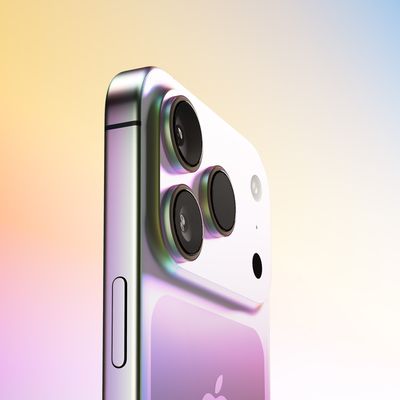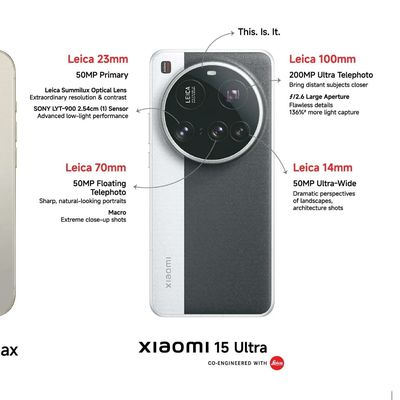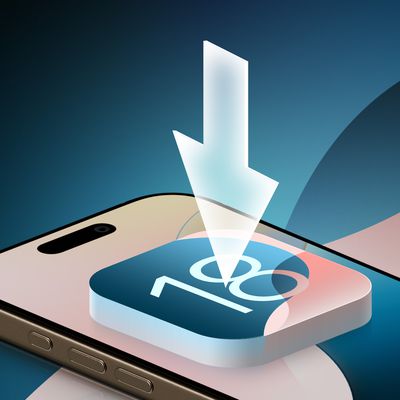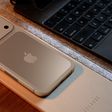WeChat Rolls Out Passkey Support for iOS Users Outside China
WeChat is introducing passkey support for its iOS app, allowing users outside of China to sign in to the country's dominant messaging platform using Face ID, Touch ID, or their device passcode instead of traditional passwords.

Apple introduced passkeys in iOS 16 to provide users with a more secure and convenient authentication method than entering a password. Passkeys offer enhanced security by reducing common risks associated with traditional passwords, such as phishing attacks and credential theft. Since authentication occurs directly on the user's device using biometric data or their device passcode, there are no passwords to compromise or intercept.
To set up a passkey, WeChat users need an iPhone or iPad running iOS 16 or iPadOS 16 or later with iCloud Keychain and two-factor authentication enabled for their Apple Account. Users can enable the feature through WeChat's Account & Security settings, according to a new WeChat support document.
Tencent-owned WeChat joins a growing list of major platforms that have adopted passkey technology, including Google, PayPal, Microsoft, and TikTok. In WeChat, the feature is currently limited to users outside of China, and there's no word on if or when it might expand to the app's domestic Chinese version.
Popular Stories
An iPhone 17 announcement is a dead cert for September 2025 – Apple has already sent out invites for an "Awe dropping" event on Tuesday, September 9 at the Apple Park campus in Cupertino, California. The timing follows Apple's trend of introducing new iPhone models annually in the fall.
At the event, Apple is expected to unveil its new-generation iPhone 17, an all-new ultra-thin iPhone 17...
Apple is expected to unveil the iPhone 17 series on Tuesday, September 9, and last-minute rumors about the devices continue to surface.
The latest info comes from a leaker known as Majin Bu, who has shared alleged images of Apple's Clear Case for the iPhone 17 Pro and Pro Max, or at least replicas.
Image Credit: @MajinBuOfficial
The images show three alleged changes compared to Apple's iP...
Apple and Samsung have reportedly issued cease-and-desist notices to Xiaomi in India for an ad campaign that directly compares the rivals' devices to Xiaomi's products. The two companies have threatened the Chinese vendor with legal action, calling the ads "disparaging."
Ads have appeared in local print media and on social media that take pot shots at the competitors' premium offerings. One...
Apple will launch its new iPhone 17 series this month, and the iPhone 17 Pro models are expected to get a new design for the rear casing and the camera area. But more significant changes to the lineup are not expected until next year, when the iPhone 18 models arrive.
If you're thinking of trading in your iPhone for this year's latest, consider the following features rumored to be coming to...
Apple is preparing to release iOS 18.7 for compatible iPhone models, according to evidence of the update in the MacRumors visitor logs.
We expect iOS 18.7 to be released in September, alongside iOS 26. The update will likely include fixes for security vulnerabilities, but little else.
iOS 18.7 will be one of the final updates ever released for the iPhone XS, iPhone XS Max, and iPhone XR,...



















